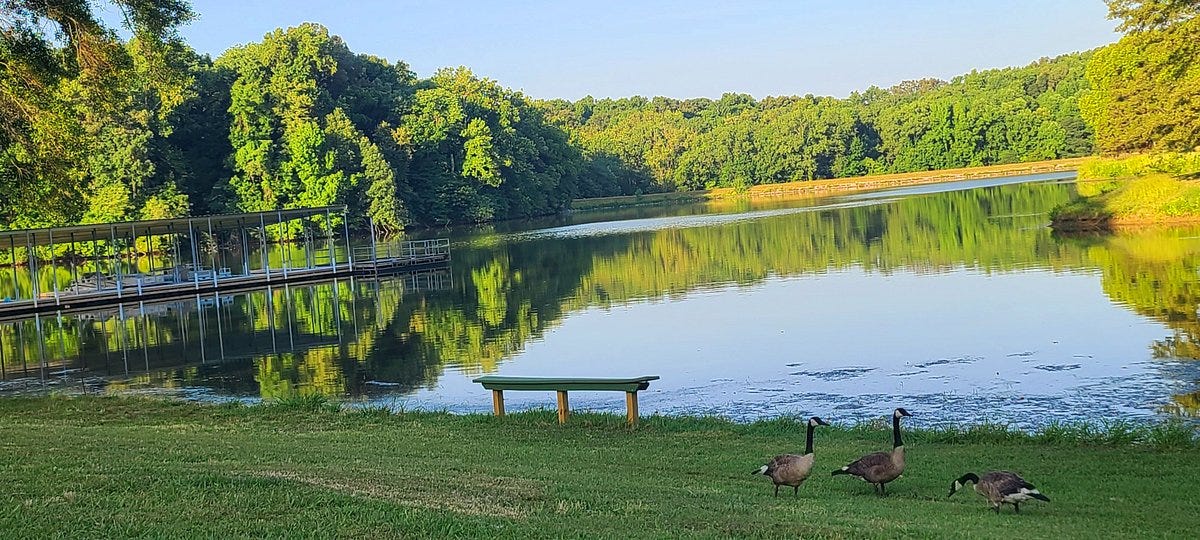How to Maximize Your Productivity by Taking Smarter Breaks
Productivity Has Limits
I used to believe productivity was about endurance. If I could sit at a desk longer, push through the distractions, and force myself to keep working, I’d get more done. That’s how I thought you succeeded—by grinding harder than everyone else.
But reality taught me something different. There is a limit to how long our brains can stay at their peak. Most studies point to four, maybe five, hours of truly productive work in a day. After that, focus begins to slip. Energy drains. The quality of your decisions and ideas starts to drop.
You might still be working, but you’re no longer working well.
That’s a hard truth to swallow in a culture that glorifies nonstop hustle. We’re told the people who succeed are the ones who “want it more,” who outlast and outwork everyone else. And so we push ourselves into twelve-hour days, seven-day weeks, always trying to squeeze more in.
The problem is, that mindset doesn’t create better results. It creates burnout.
When productivity becomes self-sabotage
Think about a time when you sat at your desk for hours, determined to finish something. At first, you made progress. The words flowed, the ideas clicked, or the tasks got checked off. But after a while, you slowed down. You found yourself re-reading the same sentence, getting distracted by your phone, or staring out the window.
That’s not a character flaw. It’s biology. Focus is a limited resource. Just like your muscles tire from repeated strain, your brain fatigues from continuous attention.
The cruel irony is that in trying to be more productive by pushing through, you actually become less productive. The longer you grind without pause, the more mistakes creep in, the more your creativity flattens, and the less meaningful your output becomes.
Breaks are not laziness
This is where I had to change my perspective. For years, I thought taking a break was lazy. It felt selfish, even irresponsible. Who takes a walk when there’s work to be done? Who closes the laptop in the middle of the day when everyone else seems to be online 24/7?
But then I noticed something. On the days when I gave myself permission to step away, I came back sharper. My mind cleared. Ideas I had been stuck on suddenly made sense. I noticed details I would have missed otherwise.
The break wasn’t a waste of time—it was what made the next stretch of work possible.
Once I embraced that truth, my productivity didn’t shrink. It expanded. I was getting better results in fewer hours, and with less stress.
Even five minutes can make a difference. The key is to allow yourself the pause without guilt.
Working smarter, not longer
Here’s the truth I wish I had learned earlier: you don’t get rewarded for hours worked. You get rewarded for value created.
And value doesn’t come from exhaustion. It comes from clarity.
When you manage your energy instead of just your time, you put yourself in a position to consistently produce your best work. That might mean working fewer hours than someone else, but with sharper focus and greater creativity.
I’ve noticed that the people I admire most—writers, entrepreneurs, leaders—don’t brag about all-nighters. They talk about routines that protect their energy. They don’t see rest as wasted time. They see it as the foundation that makes their output possible.
That shift in mindset changes everything.
Trusting yourself, respecting your readers
If you’re a creator, an entrepreneur, or simply someone trying to do meaningful work, you might feel pressure to always be “on.” To always answer emails, post updates, stay visible. I’ve felt that too. But I’ve also learned that exhaustion isn’t a badge of honor—it’s a warning sign.
When you take smarter breaks, you show respect not only for yourself but for your audience or customers as well. Because the work you deliver after you’ve recharged is sharper, clearer, and more valuable.
People can feel the difference between something rushed and something cared for. By pacing yourself wisely, you build trust. You show that you value quality over quantity. And trust, once earned, is what sustains long-term success.
A personal reminder
I still forget this sometimes. I still fall into the trap of thinking I can outwork fatigue. I still convince myself that if I just push harder, I’ll make the breakthrough.
But more often than not, the breakthrough comes when I step away. When I take the walk. When I let the brain breathe.
So this is as much a reminder to myself as it is to anyone reading: breaks are not laziness. They are strategy. They are part of the work, not separate from it.
The most productive thing you can do today might not be another hour at your desk. It might be the ten minutes you take to rest, to move, to breathe.
Because maximum productivity doesn’t come from constant effort. It comes from a rhythm of effort and renewal. And learning to honor that rhythm might just be the smartest work decision you ever make.

